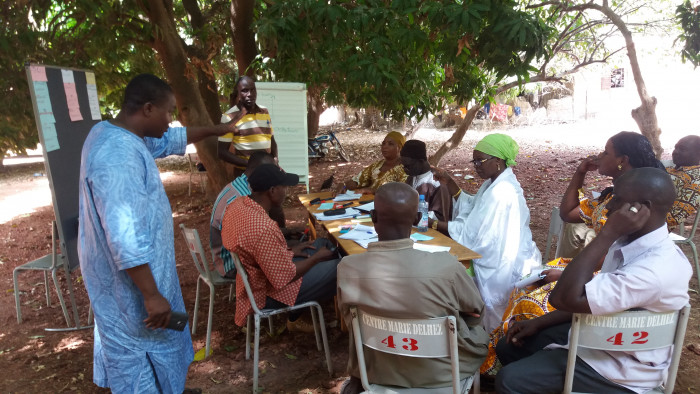
On behalf of the Belgian Government, AFC was commissioned with the final evaluation of the “Programme to fight food insecurity and malnutrition in the districts of Nara and Nioro du Sahel in Mali“ (Programme de lutte contre l’insécurité alimentaire et la malnutrition dans les cercles de Nara et Nioro du Sahel au Mali (PLIAM)).
The Belgian Government funded through the Belgian Fund for Food Security (BFFS) the implementation of this programme between 2012 and 2017. It was a multisectoral integrated programme implemented by seven partner organisations, each operating within its area of competence. The objective of the programme was to improve food security and the nutritional status of the population of Nara and Nioro by targeting the most vulnerable groups.
Mali is highly vulnerable to food insecurity and malnutrition. Like other countries in the Sahelian zone, Mali suffers from successive food and nutritional crises that cause a situation of chronic food insecurity. Besides climate change, strong population growth have increased the pressure on natural resources and thus increased the risk and vulnerability to food insecurity. Political instability in a large part of the country has also been a contributing factor.
The final evaluation took place in May 2017. The objective was to assess in an independent manner the specific results and objectives achieved in this programme, by taking into account the five DAC criteria (relevance, effectiveness, efficiency, impact, sustainability), the four dimensions of food security (availability, accessibility, utilisation, stability), and cross-cutting themes such as gender, climate change and institutional capacity-building.
The overall outcome of the final evaluation was positive. Especially the DAC criteria relevance, efficiency and sustainability have been assessed positively. Other highlights include the successful coordination of the programme by FAO, the smooth cooperation between the different actors involved as well as a high satisfaction among the beneficiaries and administrative structures in the two regions. Challenges occurred due to the complex structure of the programme and the insecure and instable situation in the two project regions. The final report of the evaluation gives several lessons learnt and recommendations, which should be taken into account in future similar projects. These recommendations are, for instance, to include the Household Economy Approach (HEA) in such programmes, to better consider gender aspects and to ensure good evaluation and monitoring of project activities.
For further information please contact kerstin.huck [at] afci.de
